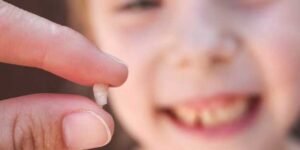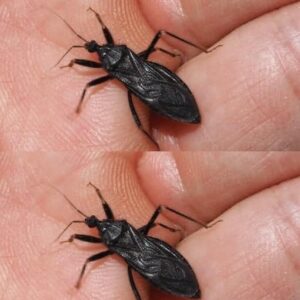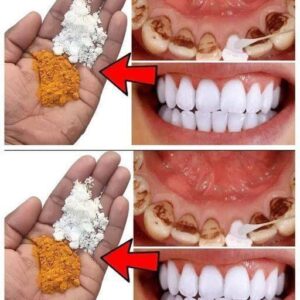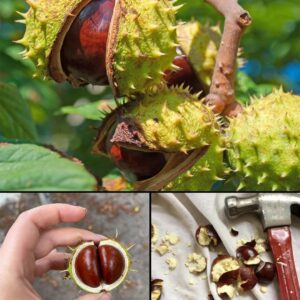If you are a parent, you probably have memories of your child’s first tooth loss. A few pennies or bills are left there as they wait for the tooth fairy to arrive and take their baby tooth. While many parents save their child’s first lost tooth, we usually throw away the subsequent ones.

You may wish to keep all of your children’s lost baby teeth, though, if they are still little. For reasons unrelated to sentimentality, scientists and medical professionals advise parents to keep their children’s infant teeth.
Unfortunately, it turns out that their teeth contain a large number of stem cells that may one day save their lives.

Parkinson’s, Alzheimer’s, and several types of can$er are among the conditions that stem cells are frequently utilized to treat. Finding a good bone marrow match can take a long time for many persons with these diagnoses. However, your child won’t have to wait for a donor if they are ever diagnosed with one of these disorders and you keep their baby teeth. This is because the stem cells in those teeth can be used in treatment.
The next time your child loses a tooth, don’t just toss it in a box in your nightstand. Organizations like Tooth Bank specialize in storing baby teeth properly and safely. If the teeth are not stored correctly, the stem cells present in them may not be able to be harvested if the need ever arose.
And it’s not just your kids’ baby teeth that can be stored for future use. Any teeth that are pulled (including wisdom teeth) can be helpful further down the road, so talk about tooth banking with your child’s dentist if they’re scheduled to have any teeth pulled.

No parent wants to consider the terrifying thought of their child potentially being diagnosed with a life-threatening disease. However, if you take steps like storing their teeth, it can make all the difference in treatment if something like that ever were to happen.





